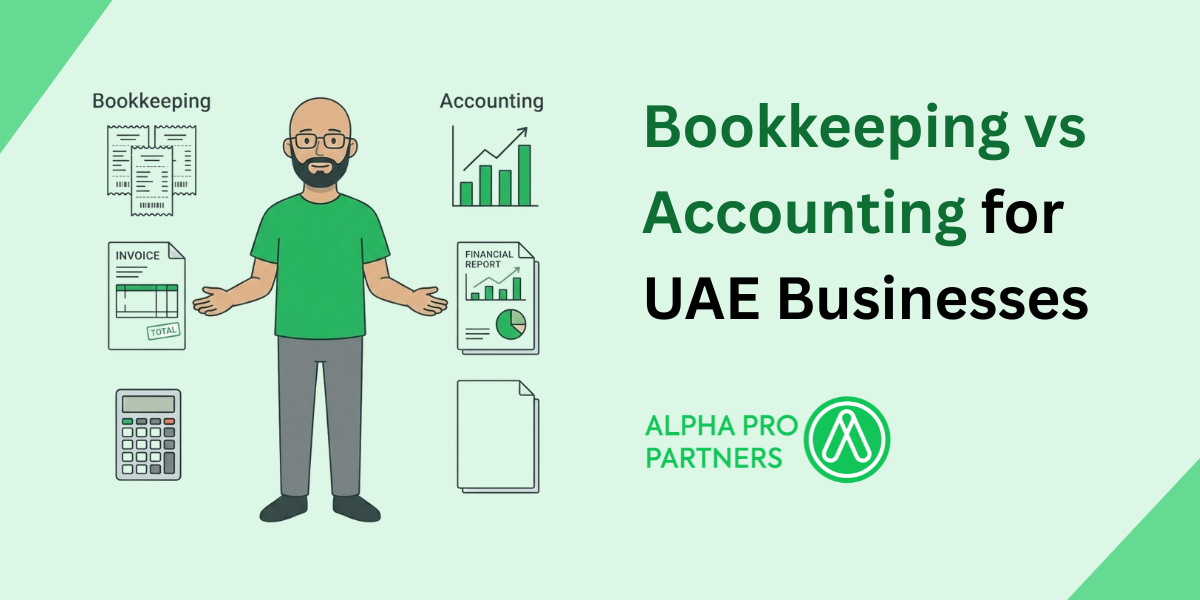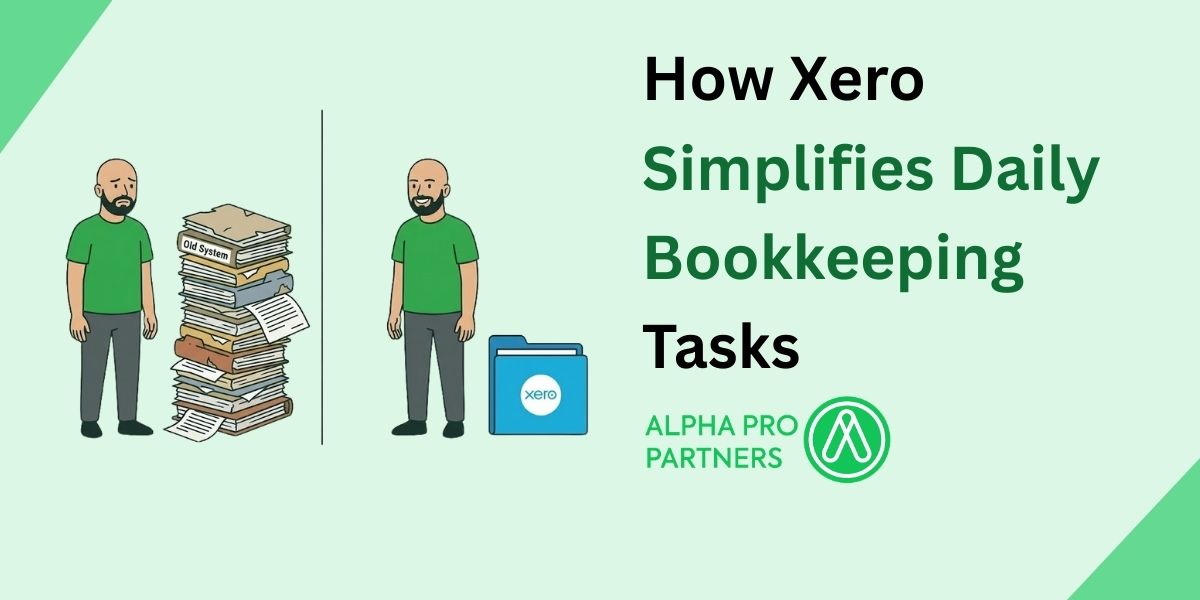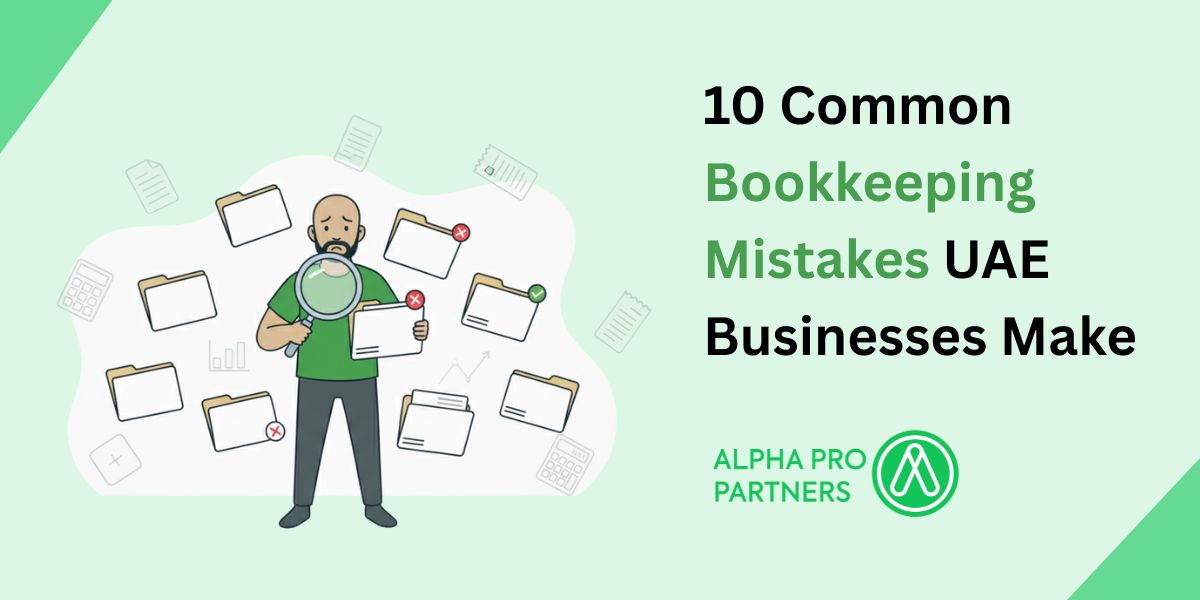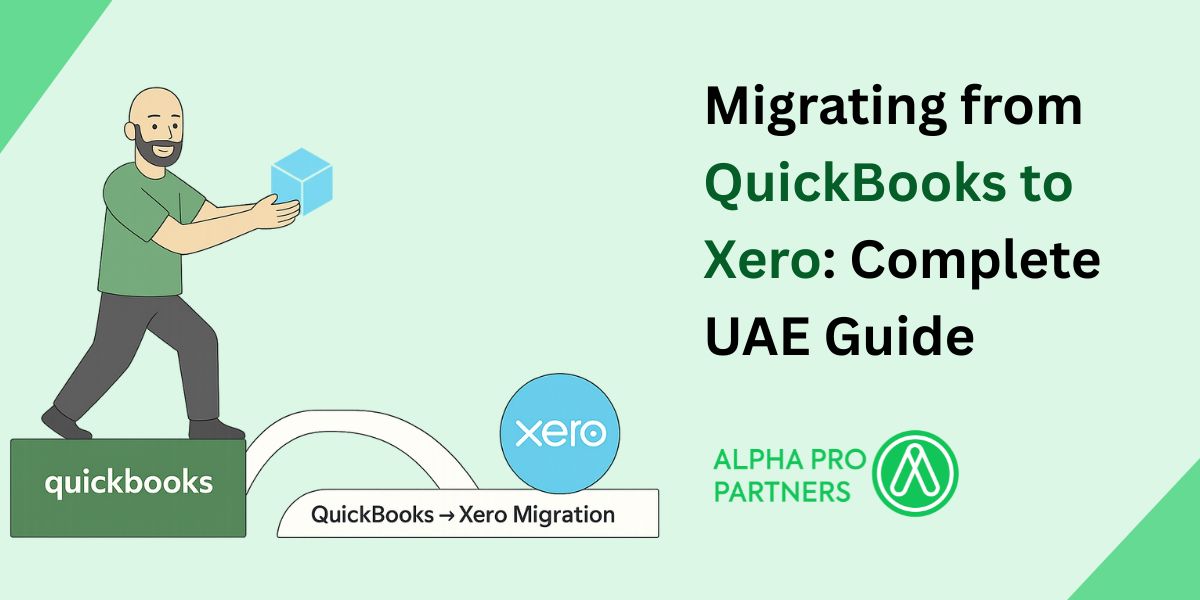Your First UAE Corporate Tax Return: What to Prepare and What to Avoid

Filing your first Corporate Tax return in the UAE?
You’re not alone.
For most businesses in the UAE, 2025 marks their first tax season under the Corporate Tax Law. That means new forms, new timelines, and yes, plenty of confusion.
The good news? If you prepare the right way, it’s completely manageable.
In this guide, we’ll walk you through what your business needs to file its first return correctly, what pitfalls to avoid, and how to make sure you don’t end up with penalties or audit headaches.
We’ll also show you what happens after you file, and how you can make sure every box is checked before submitting.
Who Needs to File a Corporate Tax Return?
If your company is registered under the UAE Corporate Tax regime as either a Resident or Non-Resident Taxable Person, you must file a return for each Tax Period.
Even if you don’t owe any tax (like Qualifying Free Zone Persons), filing is still mandatory.
Here’s who’s required:
- UAE companies (LLCs, PSCs, PJSCs, etc.)
- Foreign companies with a permanent establishment in the UAE
- Individuals with a business income over AED 1 million
- Free Zone businesses (even at 0%)
This includes businesses that are dormant, just getting started, or even those winding down operations. If you were active at any point during the Tax Period, you're required to report that activity.
Filing is not optional, and failure to do so could lead to administrative penalties. The Federal Tax Authority (FTA) uses the return to assess your tax position, even if you believe there’s nothing to pay.
What You’ll Need to Prepare
Before you log into the FTA portal, make sure these documents and details are ready:
1. Audited Financial Statements
Financials must follow IFRS or IFRS for SMEs. If your annual revenue is more than AED 50 million, audited financials are a must.
Auditors must be licensed and recognized by the UAE authorities. DIY bookkeeping won’t meet the requirement.
Even if your income is below the audit threshold, accurate financials will be the foundation for your taxable income calculation.
2. Tax Period Details
Make sure you’re filing for the right Tax Period. Most businesses follow the calendar year, but if your fiscal year differs, your filing due date will shift too.
Your Tax Period was chosen during Corporate Tax registration. Double-check that this aligns with your accounting records.
3. Adjustments to Accounting Income
This is where many businesses trip up. You need to adjust your accounting profit to arrive at taxable income.
That means:
- Removing exempt income
- Adding back non-deductible expenses
- Accounting for reliefs like participation exemption or business restructuring relief
You’ll need to maintain a clear paper trail to support these changes.
4. Supporting Schedules and Disclosures
The FTA may ask for detailed schedules, including:
- Related Party transactions
- Connected Person transactions
- Details of any foreign income
- Permanent establishment activities
For each of these, you must be able to explain the nature of the transaction, pricing, and whether transfer pricing policies were applied.
Transfer Pricing documentation may be required if your transactions exceed specific thresholds. Even if you're below the threshold, you still need to disclose the relationship and amounts.
5. FTA Access Credentials
Only Authorized Signatories or Tax Agents can submit the return. Ensure that:
- Your company’s profile is up to date
- The signatory’s Emirates ID and contact info are linked to the FTA account
- You’ve completed the tax agent appointment if outsourcing the return
What to Avoid: Common Filing Mistakes
Here are the top missteps to watch out for during your first return submission:
1. Filing Late
You have nine months from the end of your Tax Period to file. Missing this deadline triggers penalties of up to AED 1,000 for the first violation, increasing with repetition.
2. Using the Wrong Period
If your accounting year does not align with the calendar year, your filing window might be different. Always refer back to your registration confirmation.
Submitting a return for the wrong dates could lead to rejection and re-filing.
3. Incomplete or Inaccurate Data
If you input figures that don’t match your financial statements or skip adjustment details, your return may be flagged.
This slows processing and increases the risk of an audit.
4. Ignoring Transfer Pricing Requirements
Even if you’re a small business, dealing with Related Parties (like a shareholder or sister company) may trigger documentation needs.
If you miss this step, your return may be considered non-compliant.
5. Assuming You Don’t Need to File
Some companies think that a zero-tax liability means no filing. That’s incorrect.
The obligation to file applies regardless of whether tax is due.
6. Failing to Maintain Documentation
You must keep records to back every entry in your return. That includes:
- Contracts
- Invoices
- Payment vouchers
- Transfer pricing reports
These should be stored for at least seven years in case of audit or inspection.
What Happens After You File?
Once you’ve submitted your return through the FTA portal:
- You’ll get an instant confirmation
- The FTA will generate a reference number and downloadable receipt
- If there’s tax payable, the amount will appear in your dashboard
- You’ll need to pay any due amount by the return deadline to avoid penalties
Payment must be made via approved UAE channels. Delays in payment even after a timely filing can result in fines.
If the FTA needs further details or clarification, they may contact your authorized signatory.
What if You Realize There’s a Mistake?
If you discover an error after submitting, don’t panic.
You can submit a Voluntary Disclosure through the FTA portal if:
- You understated tax payable
- You omitted required details
- You discovered new information affecting the return
Acting early may reduce penalties. The longer the delay, the higher the possible fine.
Not Sure If You’re Doing It Right?
If this is your first return, you don’t need to navigate it alone.
Contact Alpha Pro Partners for a free consultation and let us help you:
- Review your financials
- Prepare your return
- Stay audit-ready
We’ve helped businesses across Free Zones and the mainland get it right the first time.
Still confused? We’ll walk you through it step by step.
FAQs
1. When is the Corporate Tax return due?
Within nine months after the end of your Tax Period.
2. Do Free Zone businesses need to file?
Yes. All Taxable Persons must file even if they qualify for the 0% rate.
3. What if I make a mistake in my return?
You can file a correction through Voluntary Disclosure. Acting fast can limit fines.
4. Do I need audited financials?
Yes, if your annual revenue exceeds AED 50 million. If not, unaudited financials may be accepted.
5. What happens if I don’t file?
You may be fined, and your tax status could be negatively affected.
6. Is the return the same as registration?
No. Registration is a one-time setup. Returns are submitted annually.
7. Can I file myself or do I need a Tax Agent?
You can file directly, but a Tax Agent helps reduce risk and ensure accuracy.
8. What documents are required?
Financials, income adjustments, schedules for Related Party transactions, and possibly transfer pricing documentation.
9. Can individuals file a return?
Yes. If you conduct a business or freelance activity and exceed AED 1 million in income, you must file.
10. Is Corporate Tax paid with the return?
Yes. Any amount due must be paid by the filing deadline.
Need help filing? Contact Alpha Pro Partners today and let’s make your first Corporate Tax return stress-free.

.webp)
















.webp)
.webp)


.png)
.png)
.png)
.png)
.png)

.png)



.png)
.png)





.jpg)


.jpg)





.png)
.png)






.png)


